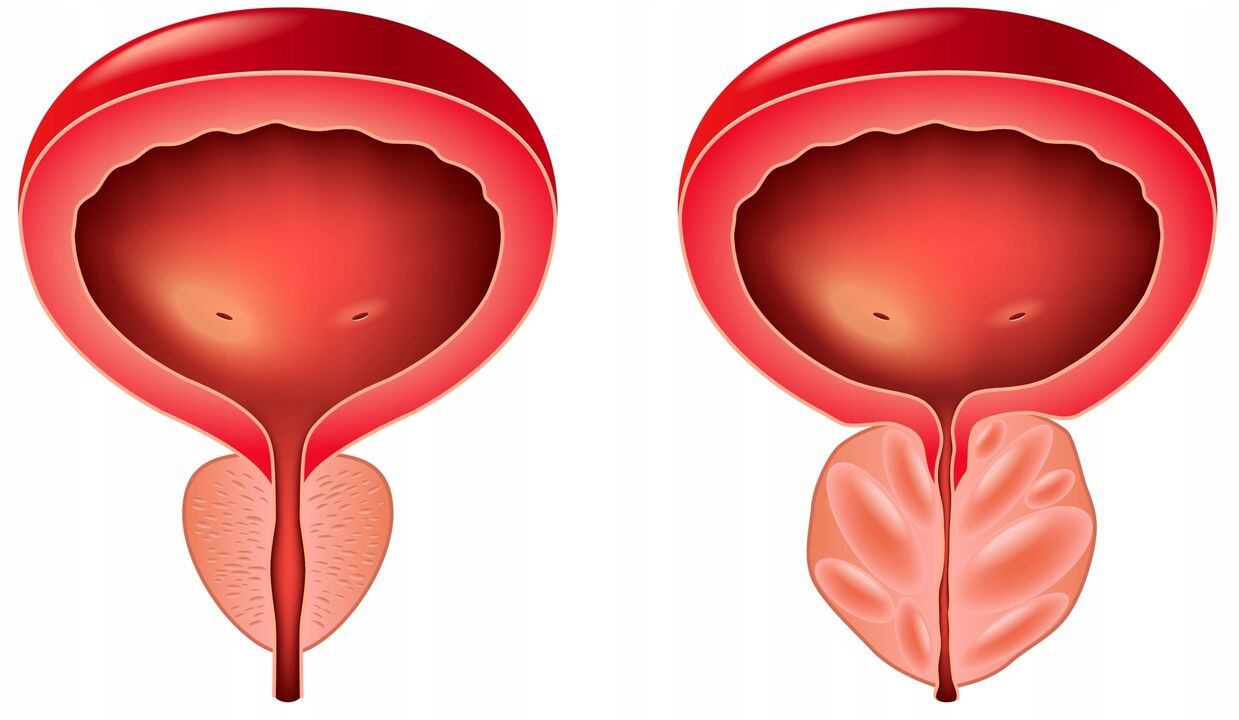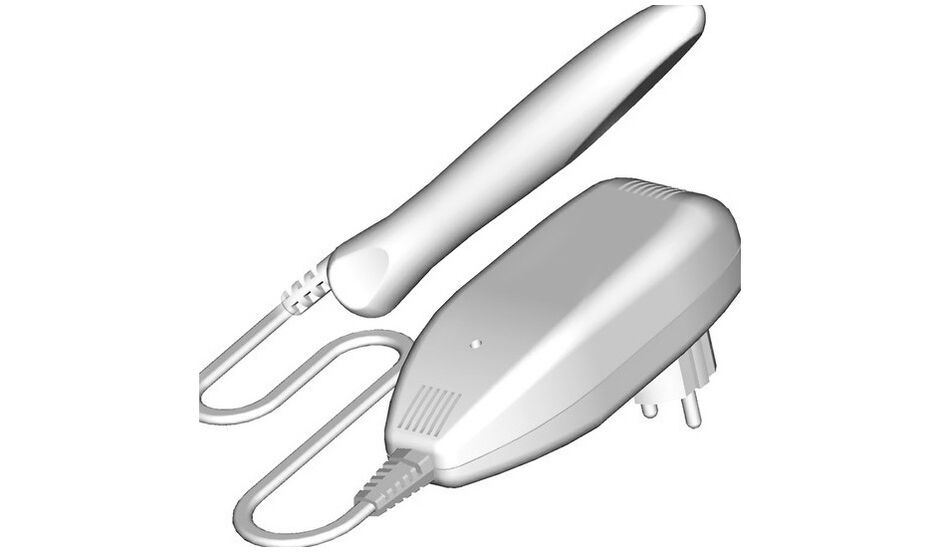- passive lifestyle;
- mental stress;
- bad habits;
- Failure to comply with hygiene rules;
- Injuries to the genital area, etc.
Men should remember that urinary tract lesions not only cause pain and discomfort, adversely affect self-esteem due to sexual dysfunction and reduced sexual ability, but can also lead to the development of prostate cancer.

Effective ways to treat prostate disease
Features for Choosing a Prostate Massager
Modern physical therapy equipment for treating chronic prostatitis
Thermal magnetic vibration massager
- vibration massage;
- high fever (heat);
- Pulsed magnetic therapy.
A device that uses magnetic fields to perform vibration massage
- Increased outflow of prostate secretions;
- Improve blood circulation in the pelvic area;
- Reduce swelling;
- Promote the regeneration process;
- Increase the effectiveness of drug treatment.
Device for eliminating potency problems
Drug-Free Potency Restoration Device
Massager for treating prostatitis
- Electromagnetic field pulse: analgesic, anti-inflammatory, decongestant effects;
- Thermal effect: restores blood circulation and stimulates the immune system;
- Mechanical vibration: eliminates stagnation and obtains muscle tissue tension.

Why do doctors recommend using physical therapy devices to treat prostatitis?
Technology used
- Infrared radiation. Gentle infrared heating profoundly affects the entire affected area, not just nearby tissue. The three infrared diodes can operate in pulsed or continuous mode. Due to the duration of the pulse, you can adjust the intensity of the shock. As a result, cellular respiration is activated, blood vessels dilate, and tissue regeneration processes accelerate.
- Hardware massage. The prostatic urinary device (massager) has 32 groups of vibration modes with the ability to individually adjust the power between 0 and 500 mW. Use the control panel to make adjustments. Vibrational massage increases blood flow, reduces congestion, and speeds the delivery of medications to damaged tissue.
What role can such a device play?
Contraindications for use
- Acute course of disease or exacerbation of chronic disease;
- Hemorrhoids, anal fissure;
- Malignant and benign diseases of the pelvic organs;
- Rectal injuries and inflammatory processes;
- Active prostatic tuberculosis.






















